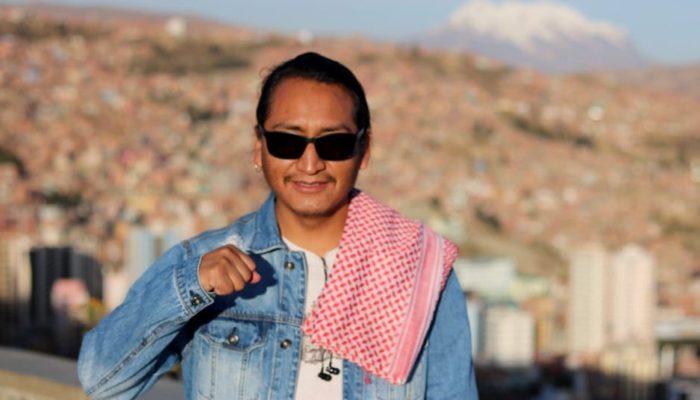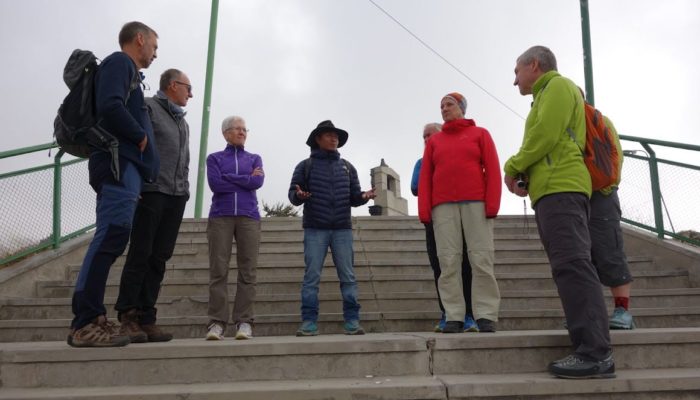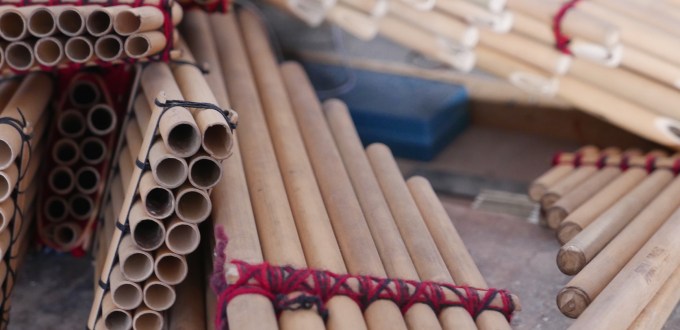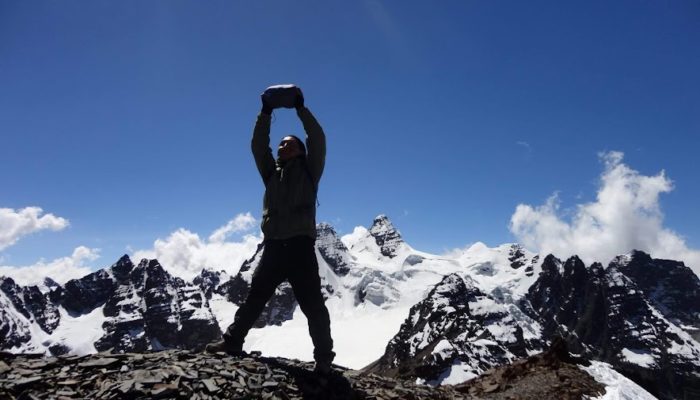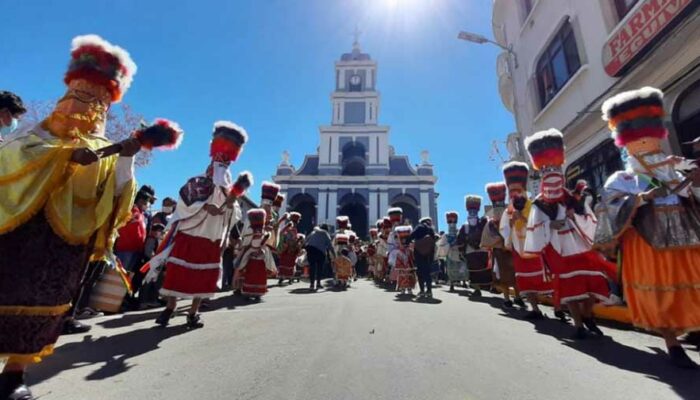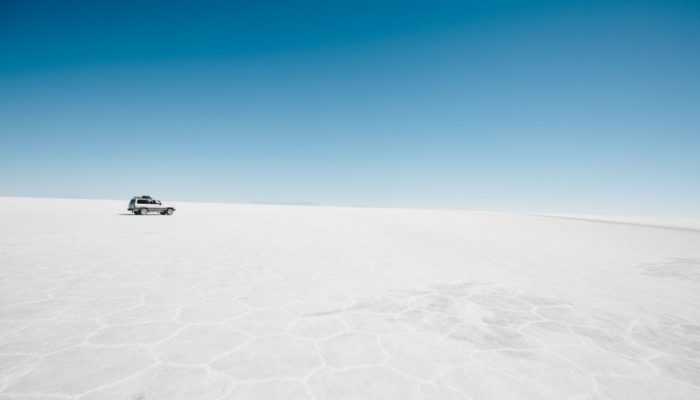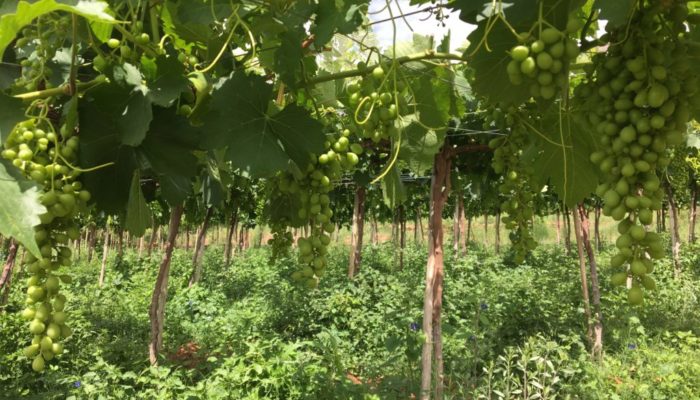They live in La Paz and they all have one thing in common: they carry Bolivia in their hearts. In this series of portraits, Thaki Voyage invites you to meet Bolivians, both born and bred, who travel in their own country and share with us their vision, their treasures and a few secrets.
Who are you, Javier? What is your relationship with Bolivia?
My name is Javier, and that name is full of so many things … my best friends call me ‘El Loco’, because I was born in the city of Sucre, the capital of Bolivia, and it’s in this city that the country’s first psychiatric hospital is located! That said, when I have to explain where I’m from, I like to say that I’m from “Tawantinsuyo”. I’m also from Montbéliard and a bit from Copenhagen, out of love for the two towns that once welcomed me. I’m a musician/rapper, French and Spanish teacher, tourist guide and eternal student, among other things!
What's your favourite thing about Bolivia?
My favourite object is the Siku (pan flute), because it is full of history and traditions that our ancestors have inherited from generation to generation. The Siku plays a very important role in the social demands of the Indian people.
And your favourite place to recharge your batteries in La Paz, or anywhere else?
I don’t have a specific place, I always say that my favourite place is the road. The road is my home, on foot or by transport, the road takes me to various places that can teach me a lot of things and recharge my energy. I like the idea of setting off and never finishing the journey.
What's your favourite culinary speciality here?
Eating is also my speciality! I would personally recommend three dishes. The first two are based on peanuts: potatoes with huancaína sauce, and the famous peanut soup (sopa de mani); and the third is called “APTHAPI”, which is an Aymara banquet in which the participants share the fruits of their agricultural production, livestock farming and fishing.
What's your best memory of your trip to Bolivia?
As a tour guide, the best memory I have of my travels in Bolivia will always be the encounters and contacts I made with so many people with whom I visited so many different places in this beautiful part of the world. Every day, I can’t stop thinking about them, their faces, their personalities and every moment spent with each of them, so much so that when I see them leave, I have the feeling of a teacher who sees his pupils and friends leave, without knowing if he will ever see them again…
Finally: a book, music album or artist to recommend to future travellers?
When it comes to literature, there’s a bit of everything, but why not read a more raw and alcoholic version of Bolivia’s Charles Bukowski: Victor Hugo Vizcarra, who writes about a town in La Paz that few people know about. One of his works has also been adapted for the cinema: ‘Cementerio de Elefantes’, in reference to a local legend about the place where alcoholics let themselves die…
And to end on a happier note, I’d like to share some of my musical favourites. As in Bolivia with the Andean cosmovision, many things come in pairs:
two albums by the heroes of Andean music: Ernesto Cavour and his Conjunto, the album ‘Agua y tierra’. ,
two songs: ‘Gallito campesino’ and ‘El palo de escoba que quería ser caballo’ (from another album).
Another of my favourites will always be the group Wara, the 1992 album ‘Sojta’, the song ‘Mi regreso’ and also the album ‘El Inca’.

